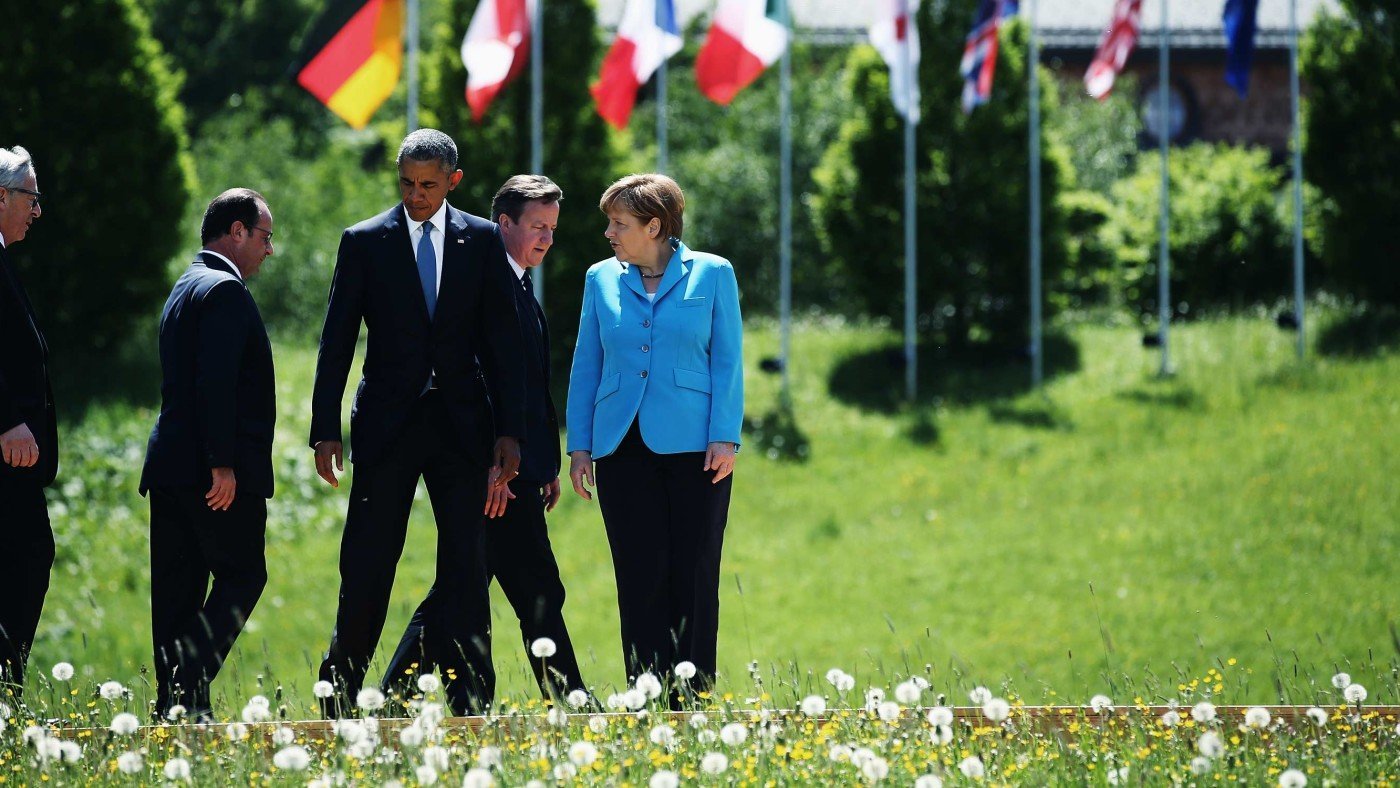A few months ago, I found myself at a dinner party given by an Ambassador of a European country that has been getting a lot of bad press coverage for its handling of the migrant crisis. Also present were some of Washington’s great and good. All were members of the foreign policy establishment and all were at pains to argue that, whatever the problems with migration, free movement of people and the Schengen Agreement must be preserved.
Let’s put aside the all-too-telling and inappropriate conflation of the freedom of movement, which all Europeans willing to show their passports at national borders are entitled to, with Schengen, which allows for a passport-free movement of people across disassembled national boundaries. The lack of intellectual diversity and, consequently, a plan B for the solution of Europe’s migrant crisis, was shocking.
Well, today, Schengen is dead. Of course, it is not de jure dead, for that would require the bureaucrats in Brussels to face reality. But, it is de facto dead, with border controls springing up like mushrooms and traffic, both commercial and human, slowing to a crawl. As the weather improves and millions of migrants pour into Europe, chaos is sure to ensue. That will strengthen the case for Brexit.
As the British opinion polls tighten, expect America’s foreign policy gurus to circle the wagons around the EU once more. Beginning with US. President Barack Obama, who said that “having the United Kingdom in the European Union gives us much greater confidence about the strength of the transatlantic union,” members of the establishment have been busy parroting tired old bromides about the need for the UK to remain in the EU.
John Kerry, the US Secretary of State, said that America “has a profound interest in… [a] strong United Kingdom staying in a strong EU.” Michael Froman, the US Trade Representative, said that “it’s absolutely clear that Britain has a greater voice at the trade table being part of the EU.” Richard N. Haass, President of the Council on Foreign Relations, said “From my perspective… a decision by the United Kingdom to exit the EU would be undesirable.” And Damon Wilson, the Executive Vice President of the Atlantic Council, bemoaned that “The United Kingdom may turn its back on the European Union this year, depriving us [the United States] of a critical voice in shaping not only EU policy, but the future of Europe.”
Put simply, to the US establishment, more EU is always good and less EU is always bad. “Four legs good, two legs bad,” as Orwell put it in his 1945 novel Animal Farm. And let’s face it: the debate over the EU is increasingly Orwellian.
The EU, we are told by our European and American betters, stands for prosperity and stability. Meanwhile – on planet Earth – everyone can see that the European growth rate is anemic, unemployment stubbornly high and Europe’s share of the world’s economy rapidly shrinking. It turns out that free trade, which was established by the Treaty of Rome in 1957 and remains the EU’s single most important accomplishment, cannot fuel economic expansion indefinitely. There comes a point when the salutary effects of regional trade liberalization wear off.
Sure, the EU could genuinely liberalize its services and capital markets, but there is little appetite for a new round of contentious negotiations and risky treaty changes. Once those treaties get reopened, who knows what individual countries might demand to have enshrined therein. So, instead of continued liberalization and prosperity, Europe is stuck with an increasingly over-regulating and over-centralizing Brussels bureaucracy and stagnation.
And the common currency, the EU bureaucrats’ crowning achievement, sure isn’t helping. During the last sovereign debt crisis, European capitals went aflame with protests, elected governments fell and were replaced by unelected technocrats chosen by the European apparatchiks, and relations between some countries, such as Greece and Germany, descended into depths not seen since the end of the World War II. So much, then, for political stability.
Is it any wonder that an increasing number of the Brits want out? If they do, count on Washington to be caught by surprise. And while Americans no longer expect their government to actually accomplish anything useful, they still expect America’s best and brightest to do a bit of thinking and come up with answers to questions such as:
- What will be America’s economic and political relationship with the UK, if the British decide to assert their democratic right and exit the EU?
- What role, if any, should the US play in case other countries follow the UK’s example and the EU implodes – along with its ill-fated common currency and trillions of euros worth of debt.
Upon hearing of Napoleon Bonaparte’s unlawful abduction and execution of a Bourbon prince, the Duke of Enghien, French foreign minister Charles Maurice de Talleyrand is supposed to have commented, “It is worse than a crime, it is a mistake.” Our establishment’s complacency in the face of pan-European implosion will have been both.


